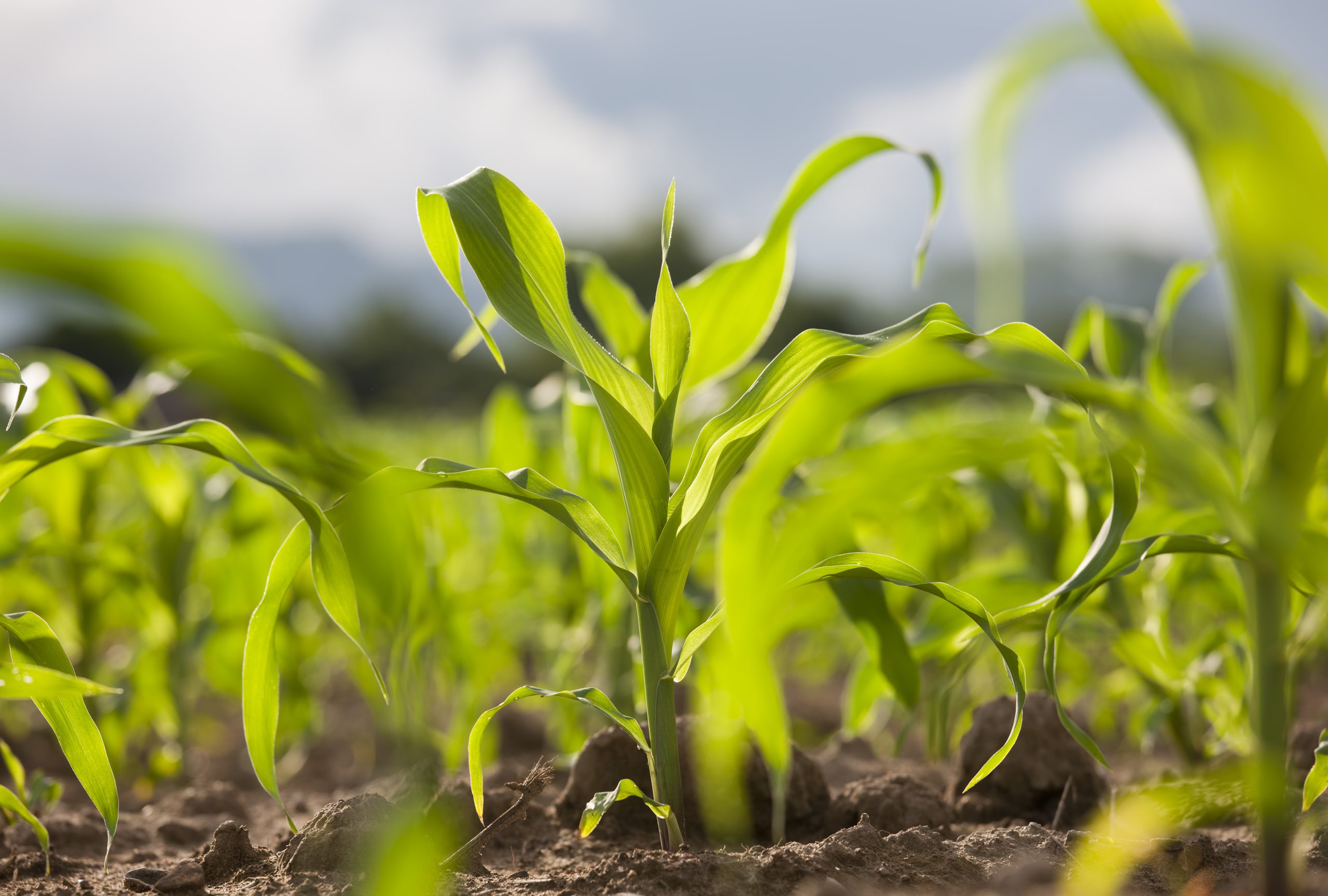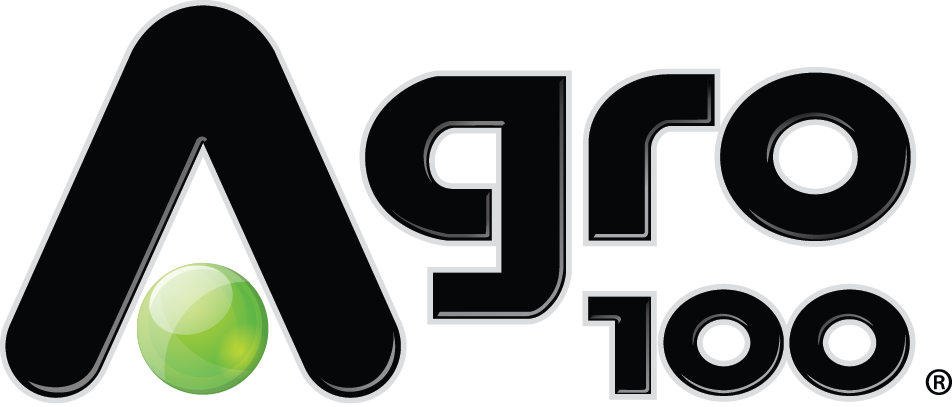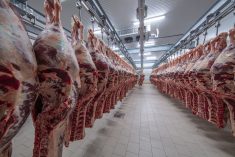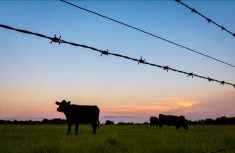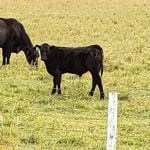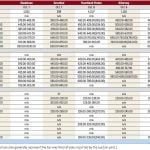Consultations with the U.S. government having gone nowhere, the Canadian government has asked the World Trade Organization (WTO) to convene a dispute settlement panel over Washington’s mandatory country-of-origin labelling (COOL) laws.
Federal Ag Minister Gerry Ritz and International Trade Minister Stockwell Day on Wednesday announced their request for a panel,
“The U.S. COOL requirements are so onerous that they affect the ability of our cattle and hog exporters to compete fairly in the U.S. market,” Day said.
“That is why our government has no choice but to request a WTO panel. This request demonstrates our ongoing commitment to resolving this issue and defending the interests of Canadian producers.”
Read Also
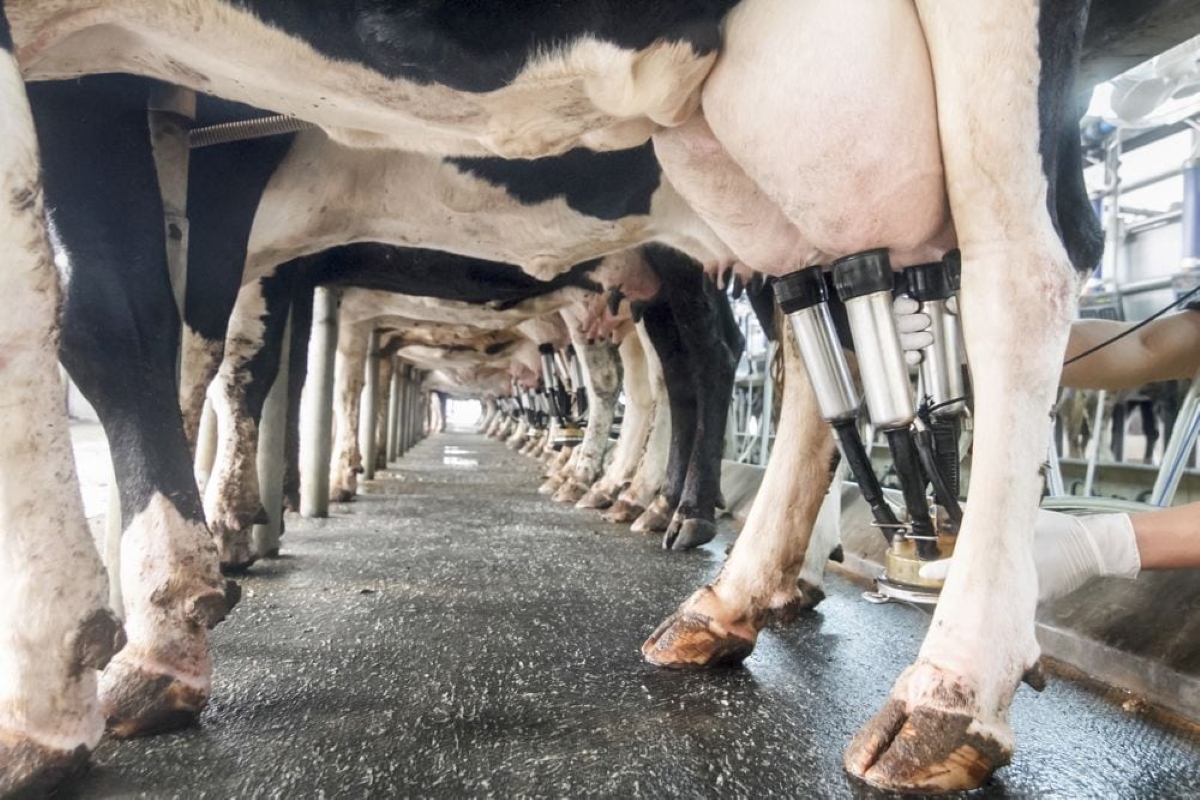
Nestle quits global alliance on reducing dairy methane emissions
Food group Nestle said on Wednesday it had withdrawn from a global alliance for cutting methane emissions that aims to reduce the impact of dairy farming on global warming.
Two rounds of WTO consultations with the U.S. “failed to resolve the issue,” the government said. Consultations are usually the first step a WTO member country takes to try and avoid the time-consuming dispute settlement process.
Washington’s COOL legislation imposes mandatory labelling for beef, pork, lamb, chicken and goat meat, and certain perishable commodities sold at retail outlets in the U.S. Imported fish and shellfish have been covered under COOL since 2005.
As it’s turned out, and as market observers and livestock groups have long predicted, mandatory requirements to label products with their country of origin have imposed unnecessary additional costs at each stage of the production process — for example, feedlots, processing, packing and retail.
U.S. processors, for instance, must segregate Canadian animals and the meat from these animals at their facilities, the government said. Because of the added costs that result, some processors won’t buy Canadian livestock, or will buy only on certain days or at a discount.
“Unfair and unnecessary”
A commodity covered by COOL can only be listed as exclusively having a U.S. origin if it’s from an animal that was born, raised and slaughtered in the U.S. Thus, beef or pork derived from livestock exported to the U.S. for feed or immediate slaughter would not be considered U.S. product.
COOL, the government said, imposes “unfair and unnecessary costs on integrated North American supply chains, reducing competitiveness in both Canada and the U.S.” and “has created confusion and uncertainty for livestock industries on both sides of the border,” the government said Wednesday.
Canada first asked for WTO consultations with the U.S. on COOL in December 2008, as it believed the measures were creating undue trade restrictions for Canadian exporters.
Afterward, Ottawa announced it would put its dispute on hold when it appeared that the outgoing Bush administration’s interpretation of its COOL rule wouldn’t seriously impede imports from Canada.
On Feb. 20, however, President Barack Obama’s new agriculture secretary Tom Vilsack issued an open letter to the U.S. industry, instead urging the use of stricter and broader labelling practices. Otherwise, Vilsack wrote, he would consider reviewing the COOL rule’s language to impose tighter restrictions.
The final COOL rule was implemented March 16 this year. Canada held a further round of consultations with the U.S. on COOL on June 5, which it said “did not lead to a resolution of the issue.” Mexico has also sought consultations with the U.S. on the same issue.
Canada said a WTO panel will now be asked to determine whether COOL measures are consistent with Washington’s international trade obligations under the WTO. Once a WTO panel is established, it normally takes up to nine months for the panel to issue its final report to WTO members.
“Legitimate policy”
According to the U.S. Department of Agriculture
, Canada’s request for a panel will come up for consideration at the WTO Dispute Settlement Body’s next meeting Oct. 23.
For its part, the U.S. government said it believes mandatory COOL “provides information to consumers in a manner consistent with our World Trade Organization commitments.”
“We regret that formal consultations have not been successful in resolving Canada’s concerns,” Vilsack and U.S. Trade Representative Tom Kirk said in a separate release Wednesday, adding that they “hope to continue to work with Canada to resolve this issue amicably.
“Countries have agreed since long before the existence of the WTO that country-of-origin labeling is a legitimate policy,” Vilsack and Kirk said. “It is common for other countries to require that goods be labeled as to their origin.”
However, the National Cattlemen’s Beef Association (U.S.) took a different view, noting that since mandatory COOL was first proposed the group has had concerns over the impact on trade relations with both Canada and Mexico.
“The U.S. imports and adds value to Mexican and Canadian livestock through our feedlots, processing and infrastructure; and we export this value-added finished product back to Mexican and Canadian consumers,” the NCBA said Wednesday.
“Any disruptions to either of these markets will have a significant economic impact on our industry. Unfortunately, it’s becoming clear that COOL has damaged these critically important trading relationships, and is not putting any additional money into the pockets of cattlemen.”
The NCBA described Canada’s move at the WTO as “unfortunate, due to the potential retaliatory action that could be taken against U.S. beef.”
In a separate release Wednesday, the Canadian Pork Council described U.S. mandatory COOL as “a major factor why many Canadian producers are having to exit the hog industry and has cost the pork industry many millions of dollars.”
Ritz and Day’s announcement “is a welcome signal that our government understands the impact COOL is having on our producers and that they will continue to work with the livestock sector to defend our WTO trade rights,” CPC chairman Jurgen Preugschas, a hog farmer from Mayerthorpe, Alta., said in the release.

